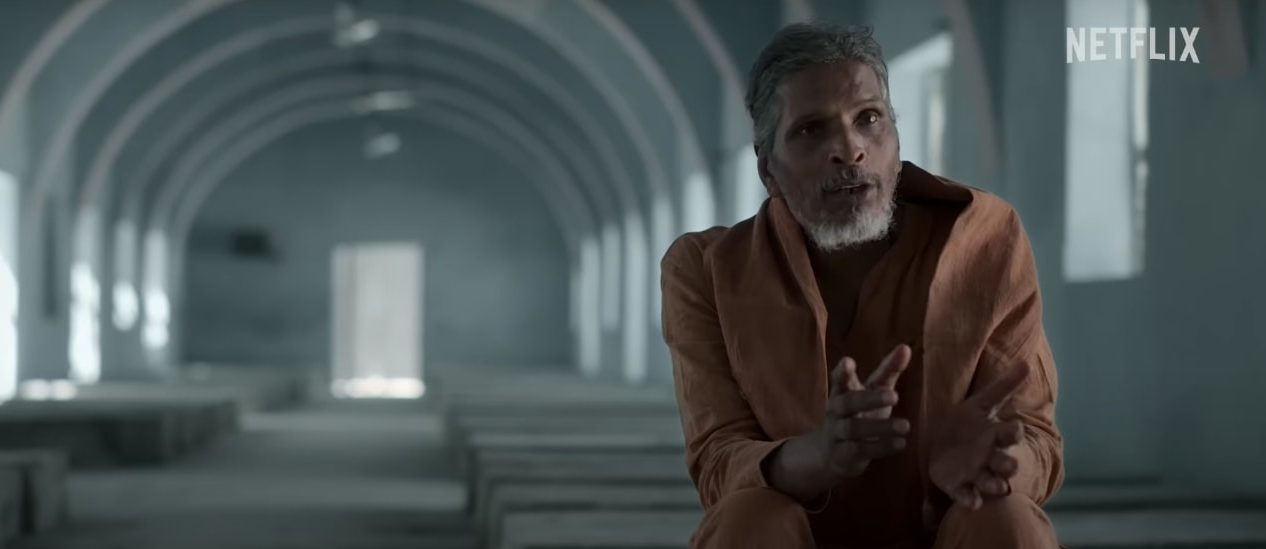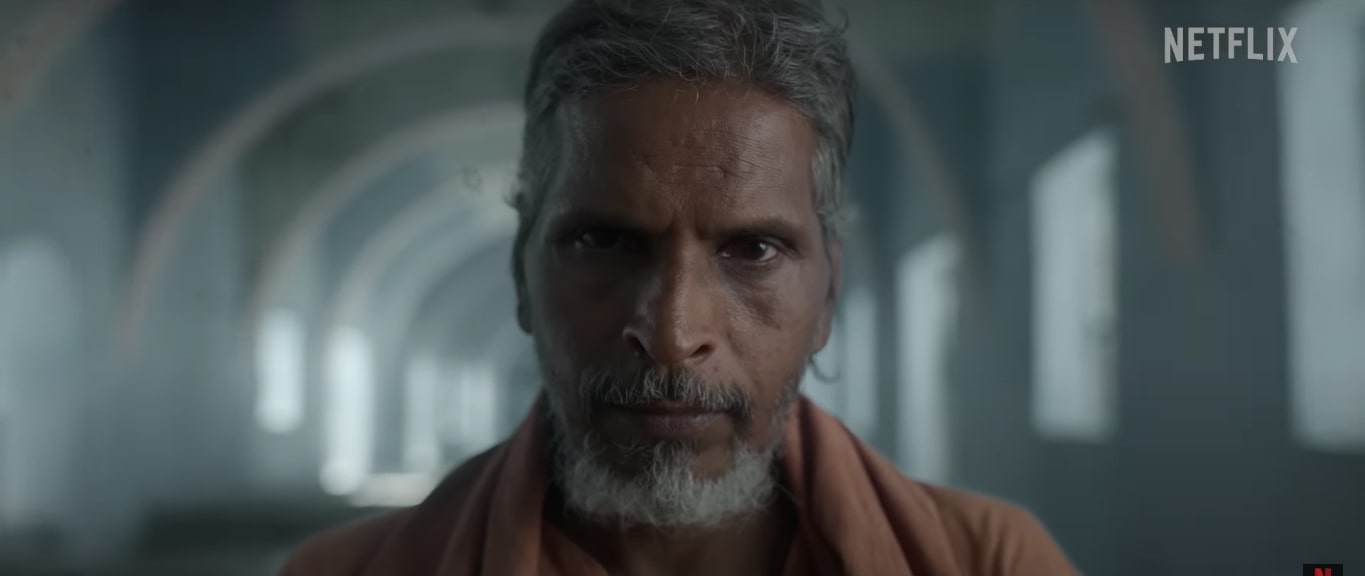As a documentary series that delves deep into the tale of suspected cannibal Raja Kolander, Netflix’s ‘Indian Predator: Diary of a Serial Killer’ can only be described as horrifically bone-chilling. That’s because he not just went to extremes in every single one of his reported offenses (whether theft or homicides), but he also continues to believe he’s the real victim owing to his aspirations. So now, if you wish to learn more about him — with a specific focus on his past experiences, the legal case against him, as well as his current standing — we’ve got the necessary details for you.
Who is Raja Kolander?
Although born as Ram Niranjan in the tribal Kol community within Allahabad (or Prayagraj) in Uttar Pradesh, India, back in 1962, he actually preferred to go by Raja Kolander by the early 2000s. His alias quite literally translates to The King of the Kols, plus he’d even named his three children after different aspects of the general system; Adalat (court), Zamanat (bail), and Andolan (protest). This in itself packs a lot when it comes to the psyche of the then ad-hoc employee as well as driver at a government ordinance factory, only for his atrocious actions to come to light in late 2000.

According to local news reports, Raja used to run a vehicle looting gang before he moved on to murders, with his primary motive being intangible elements like respect, power, and reputation. He was purportedly locally known for always offering a helping hand to those in need no matter their situation, which is the pattern he seemingly followed to befriend and slay his victims as well. Whether it be blindsiding them through a warm invite to his piggery farm, suddenly striking on isolated roads, or jumping from behind, the aspiring politician allegedly did it all upon gaining trust.
However, per the docuseries, it wasn’t until Raja was linked to thriving journalist Dhirendra Singh’s tragic December 2000 disappearance and murder that any of these factors came to light. His confession had actually driven officials to execute a search of his home, during which the uncovering of his diary made suspicions rise since it listed several other names before Dhirendra’s. Raja then claimed he’d not just slain them but had also participated in acts of cannibalism (including drinking from their brains) prior to disposing of them — his kill count is thus suspected to be 14.
Raja Kolander Remains Incarcerated
Raja has essentially been behind bars from the moment he was initially taken into custody on December 18, 2000, yet it took more than a decade for him to face trial for the charges against him. After all, even though he’d led detectives to Dhirendra’s remains and a few literal human skeletons buried around his piggery farm, there were some doubts regarding whom he’d positively slain. The Netflix original production actually implies it’s because some of the individuals identified in his diary were still alive and unharmed — he was hence found guilty of merely three murders.

With Raja’s modus operandi being decapitating his victims over petty issues before disposing them of in lakes, forests, or beneath the ground, he was deemed a monster by the local media. That’s especially owing to the fact he supposedly kept their heads in most cases to “eat their brains” and then hung some skulls inside his family home; a claim he has now come out to deny. In fact, in ‘Indian Predator,’ Raja asserted his innocence and blamed the police as well as the media for his conviction by alleging they conspired against him since he was entering politics despite his Kol background.
Coming to his current standing, as Raja was sentenced to life in prison on November 30, 2012, and his appeals are still outstanding, he remains incarcerated at the high-security Unnao District Jail. We should clarify the 60-year-old is specifically serving time for the January 2000 car-jacking turned double murder of Manoj Singh and Ravi Shrivastava as well as the December 2000 homicide of Dhirendra Singh. No charge of cannibalism against him has ever been proved in court.

“It doesn’t matter to me now whether I am released or not,” Raja confidently said in the docuseries. “The allegations have been made, and when the verdict is finally reached [following appeals], I will get out. My spirituality is there for me anyway. It doesn’t make any difference to me whether I am released from prison or not.”


You must be logged in to post a comment.